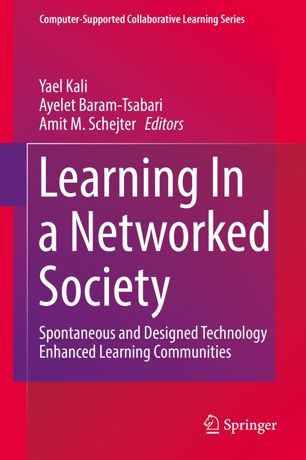

Most ebook files are in PDF format, so you can easily read them using various software such as Foxit Reader or directly on the Google Chrome browser.
Some ebook files are released by publishers in other formats such as .awz, .mobi, .epub, .fb2, etc. You may need to install specific software to read these formats on mobile/PC, such as Calibre.
Please read the tutorial at this link: https://ebookbell.com/faq
We offer FREE conversion to the popular formats you request; however, this may take some time. Therefore, right after payment, please email us, and we will try to provide the service as quickly as possible.
For some exceptional file formats or broken links (if any), please refrain from opening any disputes. Instead, email us first, and we will try to assist within a maximum of 6 hours.
EbookBell Team

4.7
66 reviewsOne of the most significant developments in contemporary education is the view that knowing and understanding are anchored in cultural practices within communities. This shift coincides with technological advancements that have reoriented end-user computer interaction from individual work to communication, participation and collaboration. However, while daily interactions are increasingly engulfed in mobile and networked Information and Communication Technologies (ICT), in-school learning interactions are, in comparison, technologically impoverished, creating the phenomenon known as the school-society digital disconnect. This volume argues that the theoretical and practical tools of scientists in both the social and educational sciences must be brought together in order to examine what types of interaction, knowledge construction, social organization and power structures: (a) occur spontaneously in technology-enhanced learning (TEL) communities or (b) can be created by design of TEL. This volume seeks to equip scholars and researchers within the fields of education, educational psychology, science communication, social welfare, information sciences, and instructional design, as well as practitioners and policy-makers, with empirical and theoretical insights, and evidence-based support for decisions providing learners and citizens with 21st century skills and knowledge, and supporting well-being in today’s information-based networked society.